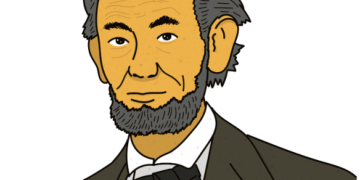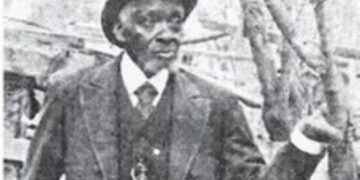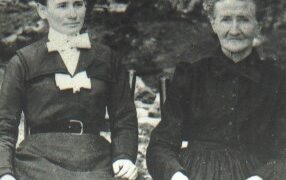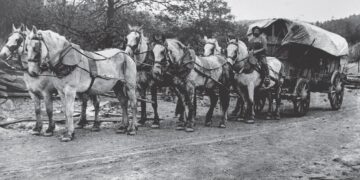It’s time to make hay while the sun shines! These warm June days are filled with haymaking for farmers all around our valley as evidenced by giant green marshmallows and smaller green cubes peppered throughout the fields.
One of the hazards farmers face in mowing hay this time of year is the possibility of inadvertently hurting or killing young fawns. Every spring, some of these baby whitetails are unintentionally harmed as farmers harvest their forage to feed our future steaks and burgers.
Why don’t these fawns scamper off when they hear the machinery approaching? Because their mothers placed them there. These newborns have no scent and make no noise, so they are virtually undetectable by coyotes and other predators shopping for dinner. When the doe plants her fawn in the tall grass, she can enjoy her own lunch with reasonable assurance her youngin is safe.

This strategy wired into doe and fawn by their Creator is normally very successful in protecting the defenseless youngsters. Even when predators stroll nearby, as long as the fawns lay completely still, their spotted brown camo prevents potential disaster.
When the Israelites were trapped between the Red Sea and the Egyptian Army, Moses told them in Exodus 14:13 to stand still and see the salvation of the Lord! Standing still is often the most difficult strategy since most of us like to devise our own methods of escape. Instead of relying on God’s plan, we concoct our own plans that usually lead to pain.
Except for the occasional Haybine or sickle bar, God’s plan for fawns works exceptionally well. Their discipline to remain completely motionless even when they have to be bursting with fear is amazing.
Although this effective response is likely due to instinct rather than the doe’s instruction, it can certainly instruct us. Those little fawns trust their mothers so much that they are obedient even unto death.
How often we fail to trust our Heavenly Father. We commit to obeying Him and to resting in His care. We promise to submit fully to His leadership while testifying of His infinite wisdom and power. Then, at the first sign of trouble, we spring up and run like a scared rabbit thinking God has somehow failed or forgotten us.
Ultimately, God is much wiser than any animal or human. His ways are higher than our ways and beyond our understanding. Instead of human reason, obedience requires faith and trust, sometimes even in spite of what appears to be impending danger. Even then, God’s plan is always best.
Paul tells us in Philippians 2:8 that “[Jesus] humbled Himself and became obedient to death — even death on a cross!” Resisting the temptation to flee the Garden or run from Golgotha, He submitted to God’s plan, allowed Himself to be arrested, tortured, and crucified that we might be saved. Instead of jumping up and running away as death approached, He remained faithful.
Later in the New Testament, we read about Stephen who was also obedient unto death as well as James the Apostle. Peter, Paul, and many others were certainly willing to die if necessary. Eventually many of those early believers resisted the urge to abandon God’s clear directives and paid for it with their lives.
Still today, Christians in Nigeria, North Korea, Afghanistan, Somalia, and many other countries display the same faithfulness of our valley fawns by remaining obedient even unto death. Like Jesus, Stephen, and all the others, they know that to perish obeying Christ is eternally better than surviving by disobeying Him.
Thankfully, most Christians in this country don’t face the threat of martyrdom. Nevertheless, we are challenged by social and cultural pressures which tempt us to bolt from Biblical standards and God’s morality. May we learn a lesson from these tender fawns and remain obedient to Jesus and His Word, even unto death. Blessings, George
































